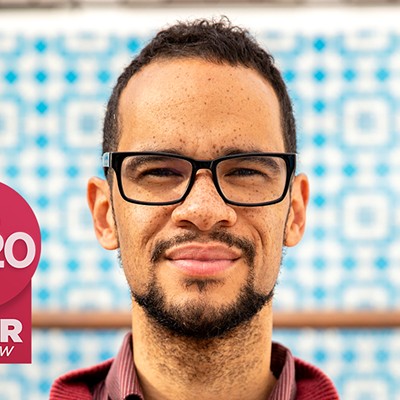If our lawmakers won’t tackle this often-divisive issue, there is no choice; workers must stand up for themselves. Minimum-wage earners aren’t asking for the entire pie. They just want a sliver that will help feed their families and keep the lights on.
A person who earns the federal minimum wage of $7.25 an hour while working 40 hours a week will receive $15,080 before taxes. After taxes are taken out, depending on the person’s tax bracket, they hover near the poverty line. That line, according to the U.S. government, is $11,670 for a single person.
In contrast, chief executive officers of the top 350 firms in the nation made an average of $14.1 million in 2012, an increase of 37.4 percent from 2009. That same year, the minimum wage was raised from $6.55 an hour to its present $7.25 an hour. That small pay hike represented a 9.34 percent increase.
Currently, 19 other states and the District of Columbia have a minimum wage higher than the federal rate. None of those states has gone belly-up or is considering bankruptcy.
In fact, 71 percent of U.S. adults support a minimum wage raise, according to a March 2013 Gallup poll. The same poll also shows significant bipartisan support.
Now, let’s focus on OKC.
According to the OKC Greater Chamber of Commerce, it doesn’t cost much to live in the big city. Chamber figures show average monthly apartment rent is $761, utilities (water, gas and electric) are $89.40, groceries are $86.90 and transportation costs are $100. That’s $1,037 a month.
Now, what about healthcare, personal hygiene and clothing? And these people can forget about recreation or leisure expenses.
There is no stereotypical minimum-wage earner. In fact, The New York Times reported in February that there are 27.8 million minimumwage workers in the U.S. Their average age is 35, most work full-time and more than 25 percent are parents.
Minimum-wage critics suggest an increase will cause a loss in jobs. An increase in the minimum wage will only spur economic growth as these families spend money at local stores for necessities.
Look at Hobby Lobby, which raised its own minimum wage to $14 an hour for full-time workers and $9.50 for part-time employees. Business is growing.
For the past 21 years, OKC residents have supported the MAPS brand; Thunder basketball; and the revitalization of Bricktown, Midtown and the downtown area.
Isn’t it also time for the workers who prepare our food, watch our children, clean our homes and serve our tables to benefit from this great period of prosperity in OKC? The answer is a simple yes.
David Slane was an attorney for the Oklahoma Department of Labor and is working pro bono for Tim O’Conner of The OKC Raise the Wage Coalition.
Opinions expressed on the commentary page, in letters to the editor and elsewhere in this newspaper are those of the author and do not necessarily reflect the opinions of ownership or management.













